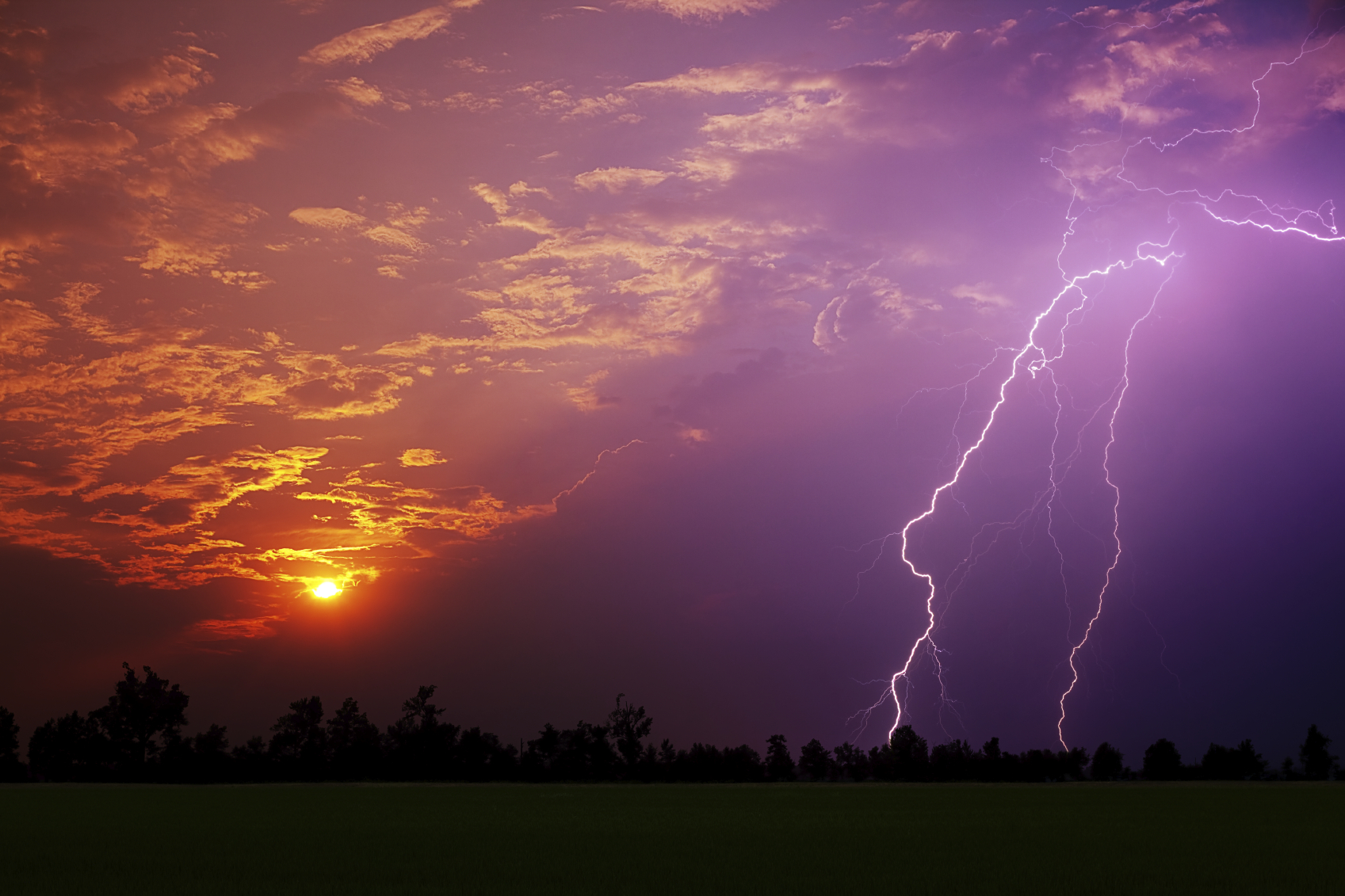Someone on one of my loops recently posted something from the Cincinnati Enquirer in its Better Health and Living supplement. The question posed was: Which scenario is actually more dangerous–a trashy romance novel or a documentary on public TV? Guess what, the documentary was because you use less calories watching TV than reading a book (also has to do with what we eat while we are watching TV which we usually don’t eat while reading). That’s great. I’m all for reading a book, but why in the world did the writer of this article decide to insult romance books (therefore its writers and readers, too) by calling all romances trashy?
I don’t feel I write trashy romances and I don’t read trashy romances, and yet I write and read romances. For some reason the media in the past has been responsible for putting down people who write and read romances as though the books are inferior. Usually these reporters haven’t even read a romance. It’s just the thing to do. It seems like good press to them for some reason.
First all, how can you generalize like that? That would be like saying all science fiction books are trashy or mysteries. Yes, there are probably of books that are romances who someone might classify as trashy but not all of them–not even a good part of them. Most are good stories with a happy ever after ending (and believe me, life has enough sorrow in it that I don’t want to have it in my books, at least not when the story wraps up–I want to know these two people have managed to overcome the obstacles to make their love work). Romances celebrate the beauty of a loving relationship.
Second, the dictionary defines trashy as worthless and offensive. Just reading that definition and then what the question was makes my blood boil. Celebrating love and relationships are offensive and worthless? That makes me wonder what kind of love relationship that writer is involved in, if any.
So please, reporters, before you just slap anything on the paper making fun of readers of the largest genre, think about what you are writing and its effect.



